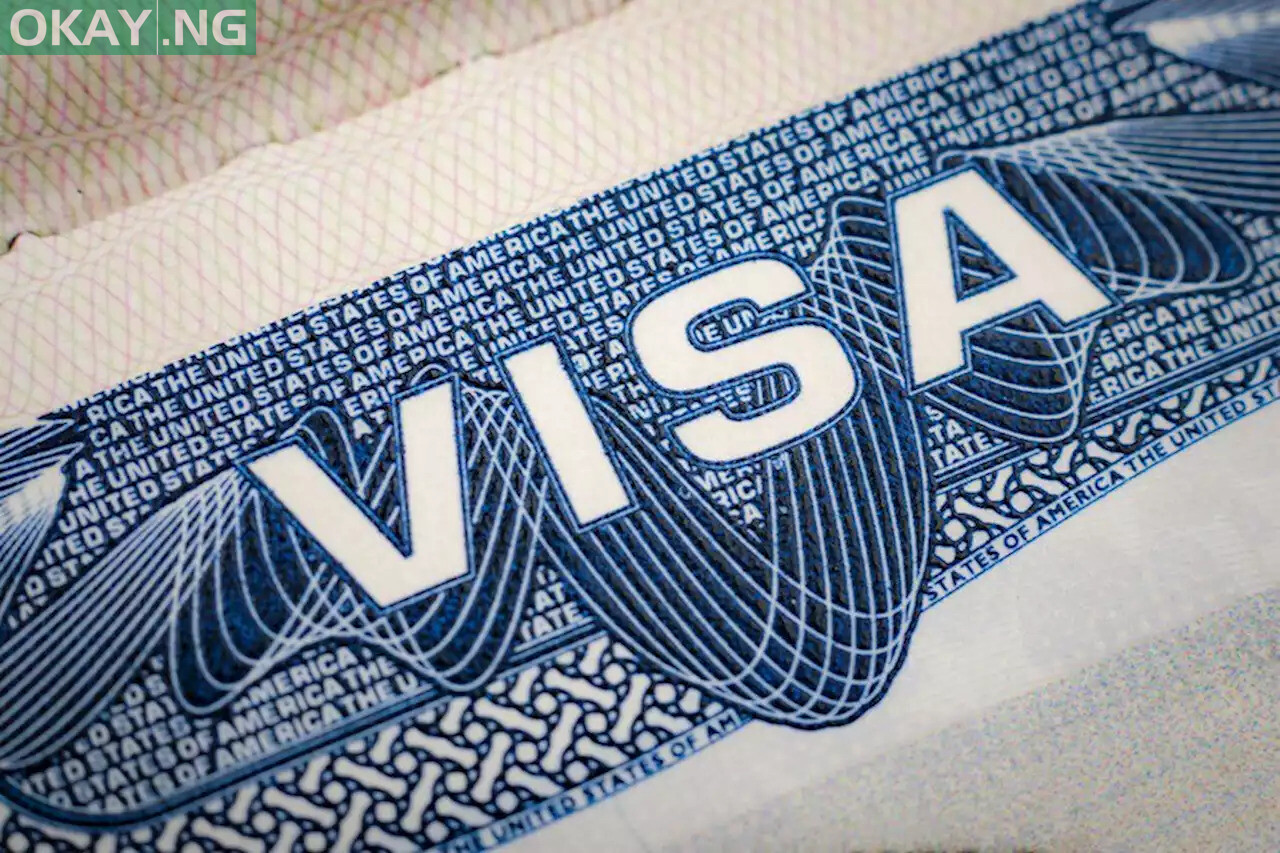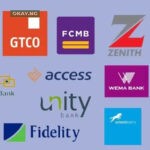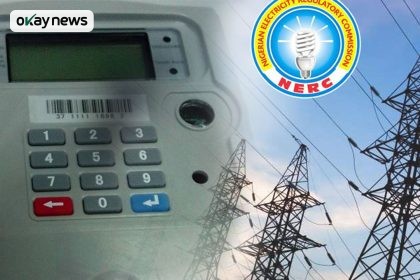The United States government has issued a stern warning to Nigerian visa holders who overstay their authorized periods in the country, stating that such infractions may lead to deportation and potentially a permanent ban from re-entering the US. This development emerges amid a broader crackdown on immigration policies under the administration of President Donald Trump.
The US Mission in Nigeria publicized this warning through a statement on its official X (formerly Twitter) account, emphasizing, “If you remain in the United States beyond your authorised period of stay, you could be deported and could face a permanent ban on travelling to the United States in the future.”
Earlier this month, the US introduced revised restrictions limiting Nigerian non-immigrant, non-diplomatic visas to a maximum of three single-entry visits, each valid for three months. This move is grounded in the principle of visa reciprocity and fueled by concerns over visa overstays, national security, and incidents involving fraudulent documentation.
Additionally, a newly implemented integrity fee of $250 now applies mandatorily to students, workers, and tourists seeking US visas. Alongside this fee, other unavoidable surcharges have been introduced such as a $24 I-94 admission fee and a $13 Electronic System for Travel Authorization (ESTA) charge relevant for Visa Waiver Program participants. These fees apply across several visa categories including B-1/B-2 (business/tourist), F and M (students), H-1B (specialty workers), and J (exchange visitors). Only diplomats in categories A and G remain exempt.
In conjunction with these policy shifts, the US has mandated applicants for F, M, and J visa categories to disclose all their social media accounts and adjust privacy settings to public for thorough vetting. The US Embassy in Nigeria explained, “Every visa adjudication is a national security decision,” underlining the importance of this measure.
President Trump’s tenure has markedly focused on tightening immigration controls, including extensive screening processes to prevent entry of individuals perceived as threats to national security and to root out illegal immigrants already in the US.
Okay.ng reports that these measures are part of a comprehensive US strategy to regulate immigration more tightly, reflecting increased scrutiny on foreign nationals’ intentions and adherence to visa rules.







